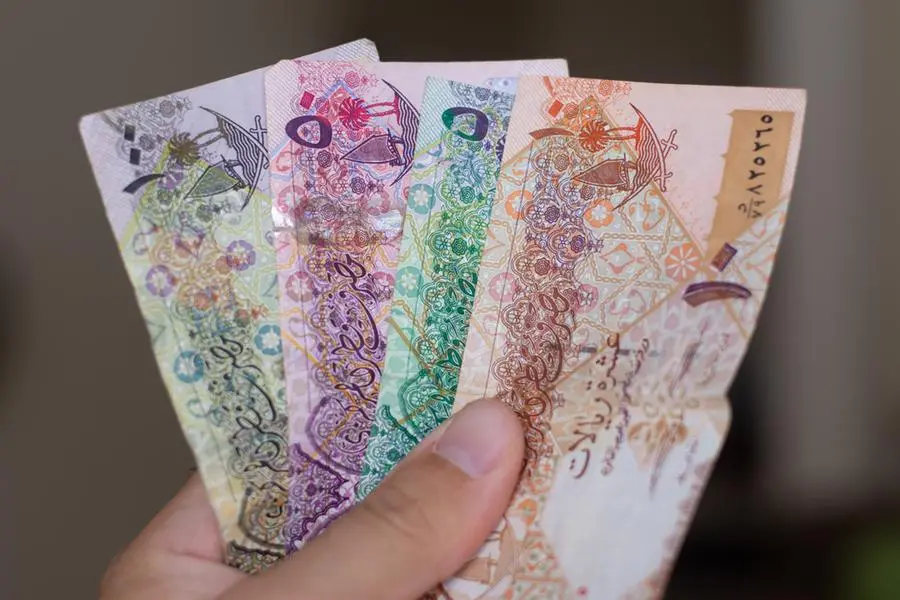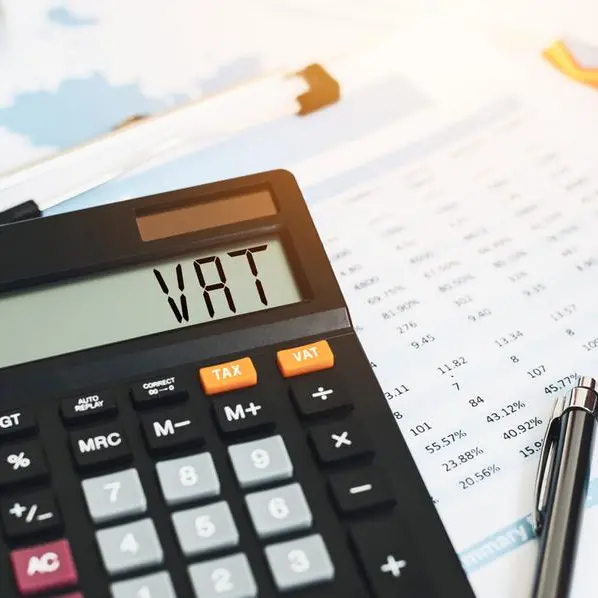PHOTO
Doha, Qatar: Minister of Finance H E Ali bin Ahmed Al Kuwari announced the total revenues expected in the general budget of Qatar for the fiscal year 2024, issued by the Amir H H Sheikh Tamim bin Hamad Al Thani yesterday, amounts to QR 202bn, a decrease of 11.4 percent compared to the 2023 budget total revenues estimates.
Addressing a press conference, Minister of Finance attributed the decrease in revenues to the adoption of an average oil price of $60 per barrel for 2024 instead of $65 per barrel in 2023, based on the international institutions’ estimates for oil prices in 2024, and the conservative estimates for oil and gas revenues.
Minister Al Kuwari said that estimates of total oil and gas revenues for 2024 amount to QR159bn compared to QR186bn in 2023, a 14.5 percent decrease; indicating that the estimates of non-oil revenues for 2024 amounts to QR43bn, an increase of approximately 2.4 percent compared to the fiscal year 2023.
The expenditures in the fiscal year 2024 budget see an increase of 1 percent from 2023 to reach QR200.9bn, due to a rise in the allocations for salaries and wages in the 2024 budget by QR1.5bn, a 2.4 percent increase from 2023 to reach QR64bn, he added.
Allocations for both current expenditures and secondary capital expenditures also increased by 6.4 percent and 27.5 percent respectively, compared to 2023. Major capital expenditures decreased by nearly 8.3 percent compared to the 2023 budget given the completion of many vital economic projects and projects related to the infrastructure plan.
Minister of Finance further said, “The general budget continues to focus on achieving the goals of Qatar National Vision 2030 related to the development of human capital by focusing on the health and education sectors - allocations for the two sectors constitute 20 percent of the total budget.”
“In addition to the goals related to diversifying the local economy and enhancing its competitiveness - allocations for the communications and information technology sector have been doubled compared to 2023.”
Minister Al Kuwari noted the State’s commitment to pay the equivalent of approximately QR7.3bn of public debt dues in 2024, which makes the cash deficit for 2024 at the above-mentioned oil price ($60 per barrel) at around QR6.2bn.
This can be covered by the surplus of the year 2023 in addition to using domestic and external debt instruments as needed.
Commenting on a query regarding the plans for health, education and ICT sector Al Kuwari said, “There is no doubt that education and health are the most important elements in investment in people. It is very important to empower the private sector.
“The State as an operator and regulator will gradually shift this role to the private sector and this is part of our projects in the future.
Even education and health will shift to the private sector and by empowering this sector the issue of health insurance can shift to this sector to reduce expenses and costs on the State,” Minister Al Kuwari added. He also elaborated on the increase in the budget for technology and information due to the importance of these sectors in industry.
The Minister noted that the budget supports development and gives priority to education, health, environment, and infrastructure. This is an opportunity for citizens and investors in the private sector.
Responding to a query on tenders Minister Al Kuwari said, “We adhere to the principle of transparency and adherence to the law in tenders and are focused on controlling the annual forum for government procurement, in which each party presents the procurement, the type of plans, tenders, materials, and the private sector is ready to prepare itself to participate in the tenders.”
The government is working to create jobs and employment opportunities, and this depends on the needs of the various governmental and private sectors, he added.
© Dar Al Sharq Press, Printing and Distribution. All Rights Reserved. Provided by SyndiGate Media Inc. (Syndigate.info).





















